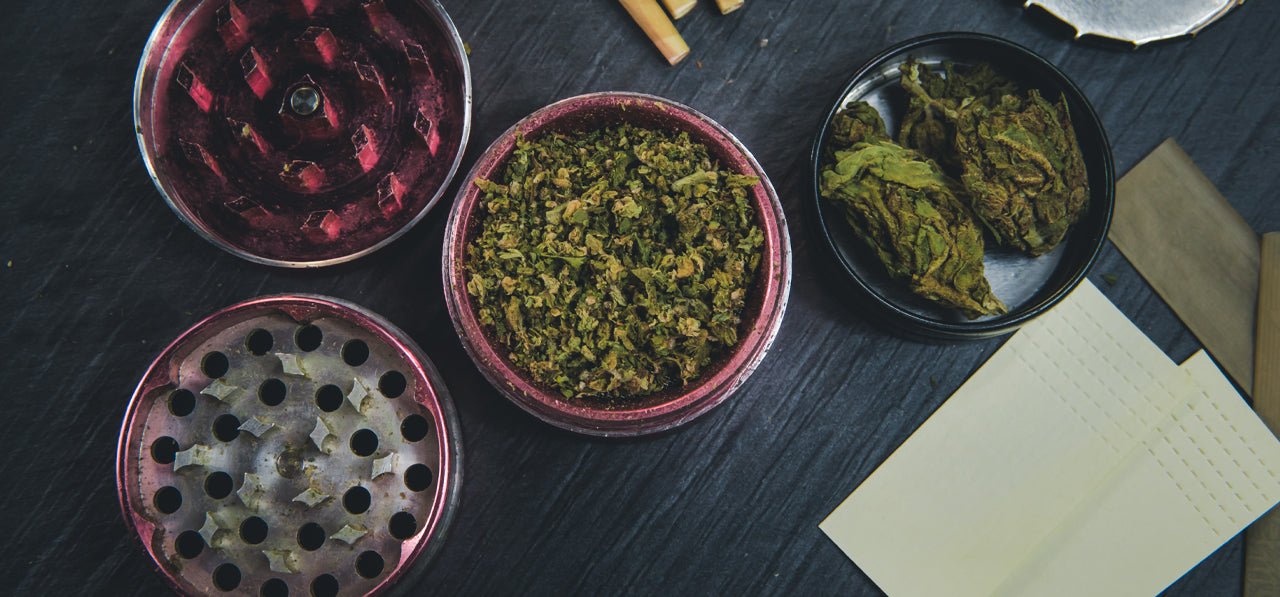Table of Contents
- TSA's Official Stance on Cannabis Products
- Can I Bring a THC Vape Through TSA?
- Federal vs. State Laws: The Legal Gray Area
- How TSA Detects Weed Pens and Vapes
- Risk Factors When Traveling with Cannabis Vapes
- Alternatives to Traveling with Cannabis Products
- Travel Safety Recommendations for Cannabis Users
Navigating TSA Regulations: Traveling with THC and Weed Vapes
Air travel presents unique challenges for cannabis consumers, particularly those wondering about bringing vape devices through security checkpoints. Questions like "can I bring a THC vape through TSA" or "will TSA take my weed vape" are common concerns for travelers who use cannabis products. Understanding the regulations, risks, and legal implications is essential before attempting to travel with these items.
TSA's Official Stance on Cannabis Products
The Transportation Security Administration (TSA) operates under federal jurisdiction, where cannabis remains classified as a Schedule I controlled substance. Their primary mission focuses on security threats rather than drug enforcement, but this doesn't mean cannabis products get a free pass.
According to the TSA's official policy on drug enforcement, security officers don't specifically search for marijuana or other drugs. However, if they discover substances that appear to violate federal law during routine screening, they're obligated to refer the matter to law enforcement.
Can I Bring a THC Vape Through TSA?
The straightforward answer is that bringing a THC vape through TSA checkpoints carries significant legal risk. While many travelers report successfully traveling with vape pens, this doesn't eliminate the legal jeopardy involved. Understanding the guidelines for traveling with weed pens is crucial before making this decision.
Vape Devices and Battery Regulations
All vaping devices, regardless of their intended use, must comply with TSA battery regulations. These devices are only permitted in carry-on luggage, not checked bags, due to fire safety concerns. This requirement actually increases the likelihood of scrutiny since carry-on items undergo direct screening.
Federal vs. State Laws: The Legal Gray Area
The conflicting landscape between federal and state cannabis laws creates significant confusion. Even if you're traveling between two states where cannabis is legal, you're still in federal jurisdiction when:
- Passing through TSA checkpoints
- In the airport terminal after security
- On the aircraft itself
- Crossing state lines
This means that technically, bringing any cannabis product on a plane violates federal law, regardless of origin or destination state laws.
How TSA Detects Weed Pens and Vapes
Understanding detection methods helps assess the risks of traveling with a weed pen through TSA. Security employs several technologies and techniques that may identify cannabis products:
X-Ray Screening
X-ray machines can detect the components of vape devices but cannot specifically identify THC oil. However, security officers are trained to recognize suspicious items that warrant further inspection.
Manual Inspection
If a bag is flagged for additional screening, officers may conduct a manual inspection where vape cartridges could be examined more closely. During this process, distinctive cannabis packaging or labeling might draw attention.
For manufacturers and retailers concerned with compliance, using proper filling equipment is essential for producing consistent, safely packaged products. Professional-grade filling systems help ensure products meet regulatory standards and reduce the risk of leakage during transport.
Risk Factors When Traveling with Cannabis Vapes
Several factors influence the level of risk when attempting to bring a weed vape through TSA:
Quantity and Packaging
Larger quantities or obviously branded cannabis packaging increases risk. Discrete packaging considerations play a significant role in the visibility of products during screening.
Airport Location
Airports in states with legal cannabis may handle discoveries differently than those in prohibition states. Some airports in legal states have even installed "amnesty boxes" where travelers can dispose of cannabis products without legal consequences before security.
International Travel
The risk increases exponentially when traveling internationally. Many countries impose severe penalties for cannabis possession, including lengthy jail sentences. International travelers should never attempt to bring cannabis products across national borders.
Alternatives to Traveling with Cannabis Products
Rather than risking legal complications, consider these alternatives:
- Research legal purchase options at your destination
- Explore legal CBD alternatives where appropriate
- Consider other forms of cannabis that may present different risk profiles
- Temporarily pause consumption during travel
Travel Safety Recommendations for Cannabis Users
For those who use cannabis medically or recreationally, traveling requires careful planning. Understanding TSA regulations thoroughly is the first step toward making informed decisions.
If traveling with CBD products derived from hemp (containing less than 0.3% THC), carry documentation confirming their legal status. For medical cannabis patients, while federal law doesn't recognize state medical programs, having proper documentation may help in discussions with law enforcement if issues arise.
The safest approach remains complying with federal regulations, which currently prohibit traveling across state lines with THC products. As cannabis laws continue to evolve, staying informed about both federal regulations and local laws at your destination is essential for any cannabis consumer who travels.
Remember that TSA agents are primarily focused on security threats, not becoming drug enforcement officers. However, they are required to report suspected illegal substances discovered during routine screening. The decision to travel with cannabis products ultimately rests with the individual, along with the acceptance of potential legal consequences.











Leave a comment
All comments are moderated before being published.
This site is protected by hCaptcha and the hCaptcha Privacy Policy and Terms of Service apply.